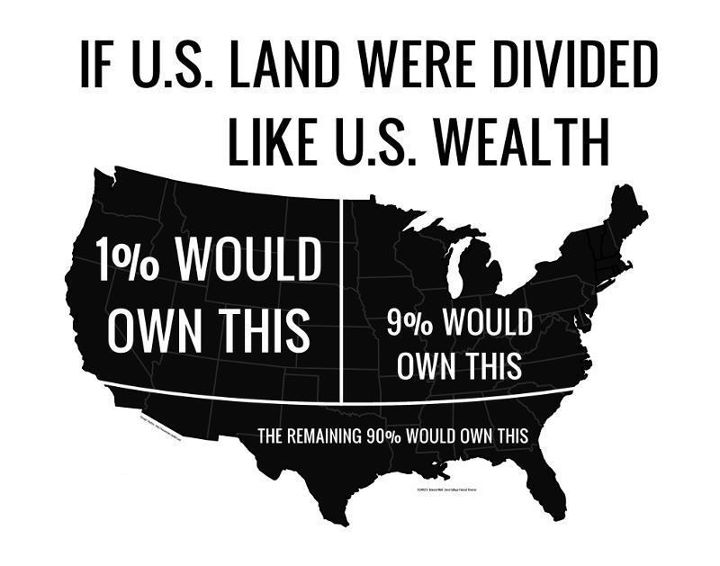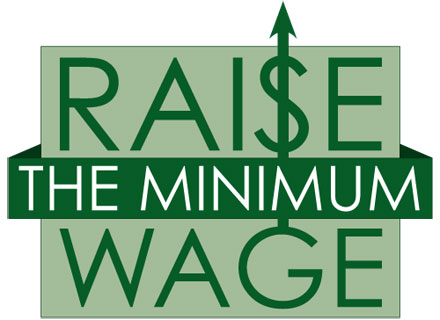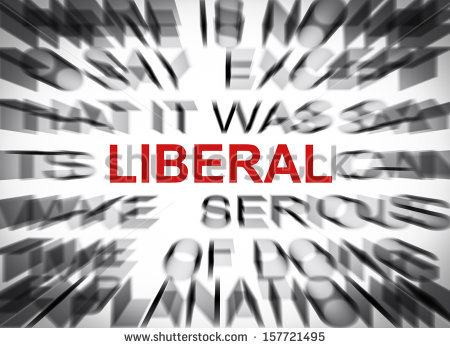Who Owns the Means of Production?
by Steve Kangas
One of the central questions of any political ideology is “Who should own and control the means the production?” (Means of production refers to factories, farmlands, machinery, office space, etc.) Generally there have been three approaches to this issue. The first was aristocracy, in which a ruling elite owned the land and productive wealth, and peasants and serfs had to obey their orders in return for their livelihood. The second is capitalism, which disbanded the ruling elite and allows a much broader range of private individuals to own the means of production. However, this ownership is limited to those who can afford to buy productive wealth; nearly all workers are excluded. The third approach is socialism, which is defined as “the collective ownership and control of the means of production.” That is, everyone owns and controls productive wealth, which is accomplished through the vote. As you can see, there is a spectrum here, ranging from a few people owning productive wealth at one end, to everyone owning it at the other.
Socialism has been proposed in many forms. The most common is social democracy, where workers vote for their supervisors, company policy, and industry representatives to regional or national congresses. Another proposed form is anarcho-socialism, where workers own companies that would compete or cooperate on a free market, without any centralized government at all. As you can see, a central planning committee is hardly a necessary feature of socialism. The primary feature is actually worker ownership of production.
This point is probably the most confused and misunderstood aspect of socialism. “Collective ownership” does not necessarily mean “government ownership,” as the case of anarcho-socialism shows. For those who automatically equate socialism with big government, the mere existence of an ideology called “anarcho-socialism” is a direct refutation of that belief.
And in those variations of socialism which do call for a centralized government, that government is always a democracy — never a dictatorship, central planning committee, or other form of ruling elite. Workers do not own or control anything when a dictator is telling them what to do. “Collective ownership” means that the group is in control; “dictatorship” means that a single person is in control. Therefore it is a logical impossibility to have “collective ownership” by a dictator. It is for this reason that socialists reject the claim (made by the Soviet Union itself) that the Soviet Union was socialist. It was instead a brutal dictatorship over workers. True socialism has never been tried at the national level anywhere in the world, although some employee-owned firms have successfully employed it in the West.
Socialism may always be democratic, but what type of socialism depends on what type of democracy is practiced. There is actually a spectrum of democracy, ranging from direct democracy at one end to republicanism at the other. Let’s briefly review both:
In a direct democracy, voters vote on their laws directly, without representatives. To the extent that government exists, its only function is to enact the decisions of the voters. Most scholars reject strong forms of direct democracy on the grounds that it is unworkable. Democracy only works if the people are educated, but voters would become overwhelmed trying to educate themselves on the best bicycle parts society should build, what 32 flavors of ice cream a store should sell, and what electronic components should go into microwave ovens. Obviously, a lot of ignorant votes would be cast in such a behemoth system, even if it were possible to build it.
So most democracies are actually republics, or representative democracies. In these systems, voters elect representatives who legislate laws for them. Again, there are varying degrees of republicanism. A more “direct” form of republicanism is the U.S. House of Representatives, where legislators represent smaller districts and serve two-year terms. A more “republican” form is the U.S. Senate, where legislators represent entire states and serve six-year terms. The extreme in republicanism is the U.S. Supreme Court, where judges are nominated and voted upon by the people’s representatives, but enjoy lifetime tenure.
In designing a well-functioning republic, the main goal is to avoid making it so direct that voters become overwhelmed by its requirements, but not so republican that representatives can operate impervious to the will of the people. Somewhere in the middle there is an optimal balance.
How does this apply to social democracy? Social democracy merely takes the republican principle and applies it to the workplace. It should be noted that the U.S. has enjoyed an increasingly successful republic for 220 years, with no reversion to dictatorship or tyranny. Indeed, American history shows that inherited tyrannies like slavery, child labor and discrimination have been eliminated or greatly reduced as democratic reforms have grown stronger. In short, the republican system of government has a track record of success and continuing improvement that can be well-defended. And it is this system, not dictatorship, that social democrats would apply to the workplace.
Socialists argue that the workplace is one of the last bastions of dictatorship still in existence in Western society. As Noam Chomsky points out: “There is no human institution that approaches totalitarianism as closely as a business corporation. I mean, power is completely top-down. You can be inside it somewhere and you take orders from above and hand ’em down. Ultimately, it’s in the hands of owners and investors.” Capitalists argue that voluntary contracts on the free market prevent the abuse of such totalitarian power by business executives. But this presumes the nonexistence or nonimportance of market failure and contract failure, in the face of widespread evidence to the contrary.
Socialism thus defined, what is the difference between socialism and modern American liberalism? The difference is rather profound, and lies in who owns the means of production. Liberals are capitalists, meaning they favor a system where private individuals can own productive wealth, choose their own management teams, and set their own industrial policy. Liberals would prevent business owners from abusing their powers through checks and balances like strong labor unions and democratic government regulations. Liberalism is a compromise between individual freedom and social responsibility: you can do what you want, as long as it’s within the law.
In general, the only thing that unites liberals and socialists is the belief that corporate totalitarianism should be avoided. But they differ on how to make businesses more socially responsible, and uninformed critics who lump the two together should not be taken seriously.








